In today’s rapidly evolving digital landscape, personal identity protection has become a critical concern for individuals worldwide. With the rise of cybercrime, data breaches, and sophisticated identity theft techniques, safeguarding personal information is no longer optional but a necessity. This article will delve into the importance of personal identity protection, outline effective strategies, and explore real-life examples and case studies that highlight its significance.
Why Personal Identity Protection Matters
Our personal identity consists of crucial information like our full name, Social Security number, bank account details, and other sensitive data. In the digital age, this information is often stored online, making it vulnerable to hackers and cybercriminals. According to a 2023 report from the Federal Trade Commission (FTC), nearly 1.4 million identity theft cases were reported in the United States alone, marking a 24% increase from the previous year. The consequences of identity theft can be devastating—financial loss, damaged credit scores, legal complications, and in some cases, reputational harm.
Types of Identity Theft
Before diving into protection strategies, it’s important to understand the different forms of identity theft. Here are the most common types:
- Financial Identity Theft: This occurs when someone illegally uses your personal information to access your bank account, obtain credit, or make fraudulent transactions.
- Medical Identity Theft: Cybercriminals may use your identity to receive medical care, prescriptions, or make fraudulent health insurance claims.
- Criminal Identity Theft: In these cases, a thief uses your personal details when arrested or during a criminal investigation, potentially leaving you with a criminal record.
- Synthetic Identity Theft: This involves creating a new identity using a combination of real and fake information, such as your Social Security number paired with a fictitious name.
 Strategies for Personal Identity Protection
Strategies for Personal Identity Protection
Now that we’ve outlined the types of identity theft, let’s look at how you can protect yourself effectively. Implementing a strong, multi-layered approach is key to keeping your identity secure.
1. Use Strong Passwords and Two-Factor Authentication
One of the simplest yet most effective ways to protect your personal identity online is by using strong passwords. Your passwords should be at least 12 characters long, combining upper and lower case letters, numbers, and special characters. It’s also advisable to use a password manager to store them securely.
In addition to strong passwords, enable two-factor authentication (2FA) whenever possible. 2FA requires users to verify their identity in two different ways, usually through a password and a text message or app notification. According to a 2022 report from Microsoft, 2FA can block up to 99.9% of automated attacks.
2. Monitor Financial Statements and Credit Reports
Regularly reviewing your financial statements and credit reports is an essential practice in personal identity protection. Many identity theft incidents go unnoticed until significant damage is done. By keeping an eye on your bank and credit card statements, you can quickly spot any unauthorized transactions. Additionally, checking your credit report from the three major credit bureaus—Equifax, Experian, and TransUnion—helps you identify any new or fraudulent accounts opened in your name.
Some credit monitoring services even provide real-time alerts, allowing you to act immediately if suspicious activity is detected. This proactive approach can save you thousands of dollars and months of frustration.
3. Be Cautious with Personal Information
In a world dominated by social media and digital communication, it’s easy to overshare personal details. However, sharing too much online can make you a target for identity theft. For example, posting your full birthdate, home address, or vacation plans can provide cybercriminals with enough information to exploit.
When signing up for services, always question how much personal information is truly necessary. The fewer details you share, the lower your risk of identity theft. It’s also worth noting that websites asking for sensitive information should always be checked for security measures, such as an SSL certificate, indicated by “https://” in the URL.
4. Shred Important Documents
Even in the digital age, physical documents containing personal information should not be overlooked. Bank statements, medical records, tax forms, and credit card offers often contain data that criminals can use for identity theft. Shredding these documents before discarding them is a simple but highly effective step in protecting your identity.
 Case Study:
Case Study:
Equifax Data Breach and Its Aftermath
One of the most infamous examples of large-scale identity theft occurred during the Equifax data breach in 2017. The credit reporting agency revealed that the personal information of approximately 147 million people had been exposed, including Social Security numbers, birthdates, and driver’s license details.
The fallout from this breach was severe, leading to numerous lawsuits, regulatory fines, and a $700 million settlement. However, for the individuals affected, the impact was even more personal. Many victims of the breach reported cases of identity theft, including fraudulent loan applications and unauthorized credit accounts.
This case highlights the importance of not only securing your personal data but also regularly monitoring your information in the event of such breaches.
Identity Protection for HNWI
High-Net-Worth Individuals
While identity theft affects millions of people worldwide, high-net-worth individuals (HNWIs) face unique challenges when it comes to personal identity protection. Their public profiles, significant assets, and global activities make them especially attractive targets for criminals. For these individuals, standard protection measures may not be enough. Instead, they require more advanced, customized strategies.
Advanced Identity Protection Services
Specialized firms like William Blackstone Internacional offer tailored solutions for HNWIs. These services include identity-based asset protection strategies, reputation management, and dual citizenship options. By creating complex layers of security, these strategies help reduce exposure to identity theft, fraud, and other privacy risks.
For instance, William Blackstone Internacional provides services such as fast-track citizenship, global mobility strategies, and identity protection consultation that cater specifically to affluent individuals who need a comprehensive approach to safeguarding their personal information.
Identity Theft in the Digital Age:New Challenges
New Challenges
The digital age presents new challenges for personal identity protection. With the rise of cryptocurrencies, online banking, and the increasing amount of personal data stored on cloud services, traditional methods of protection may fall short. Here are a few emerging risks:
1. Cryptojacking and Identity Theft
Cryptojacking is a growing form of cybercrime where hackers gain unauthorized access to personal devices to mine cryptocurrency. While this doesn’t directly involve the theft of your identity, it can serve as an entry point for more severe attacks, including the theft of personal data stored on your device.
2. Social Engineering
Social engineering attacks manipulate individuals into divulging confidential information. This can take many forms, including phishing emails, fraudulent phone calls, and even fake websites designed to collect your data. According to the FBI, social engineering attacks are responsible for over $2.7 billion in annual losses in the U.S.
3. Deepfakes and Identity Fraud
As technology advances, criminals are using AI-generated deepfakes to impersonate individuals, either to commit fraud or to cause reputational damage. The rise of deepfakes introduces a new layer of complexity to identity theft, making it harder for victims to defend themselves.
When it comes to choosing the best identity theft protection, many factors come into play, especially when evaluating identity theft protection services. Understanding the pros and cons what customers experience with different providers can help guide your decision. Additionally, pricing who should choose one service over another may depend on your specific needs and the level of protection required.
Conclusion: Taking Control of Your Identity
Personal identity protection is more important than ever in today’s interconnected world. Whether you’re an average citizen or a high-net-worth individual, adopting a multi-layered approach to protect your sensitive information is essential. By following the strategies outlined above—using strong passwords, monitoring financial statements, being cautious online, and seeking advanced services when necessary—you can significantly reduce the risk of identity theft.
William Blackstone Internacional has assisted many clients with their identity protection goals, offering bespoke strategies for asset protection, reputation management, and global mobility. Their specialized services are designed to provide peace of mind in an ever-evolving digital landscape, ensuring that your personal identity remains secure.













